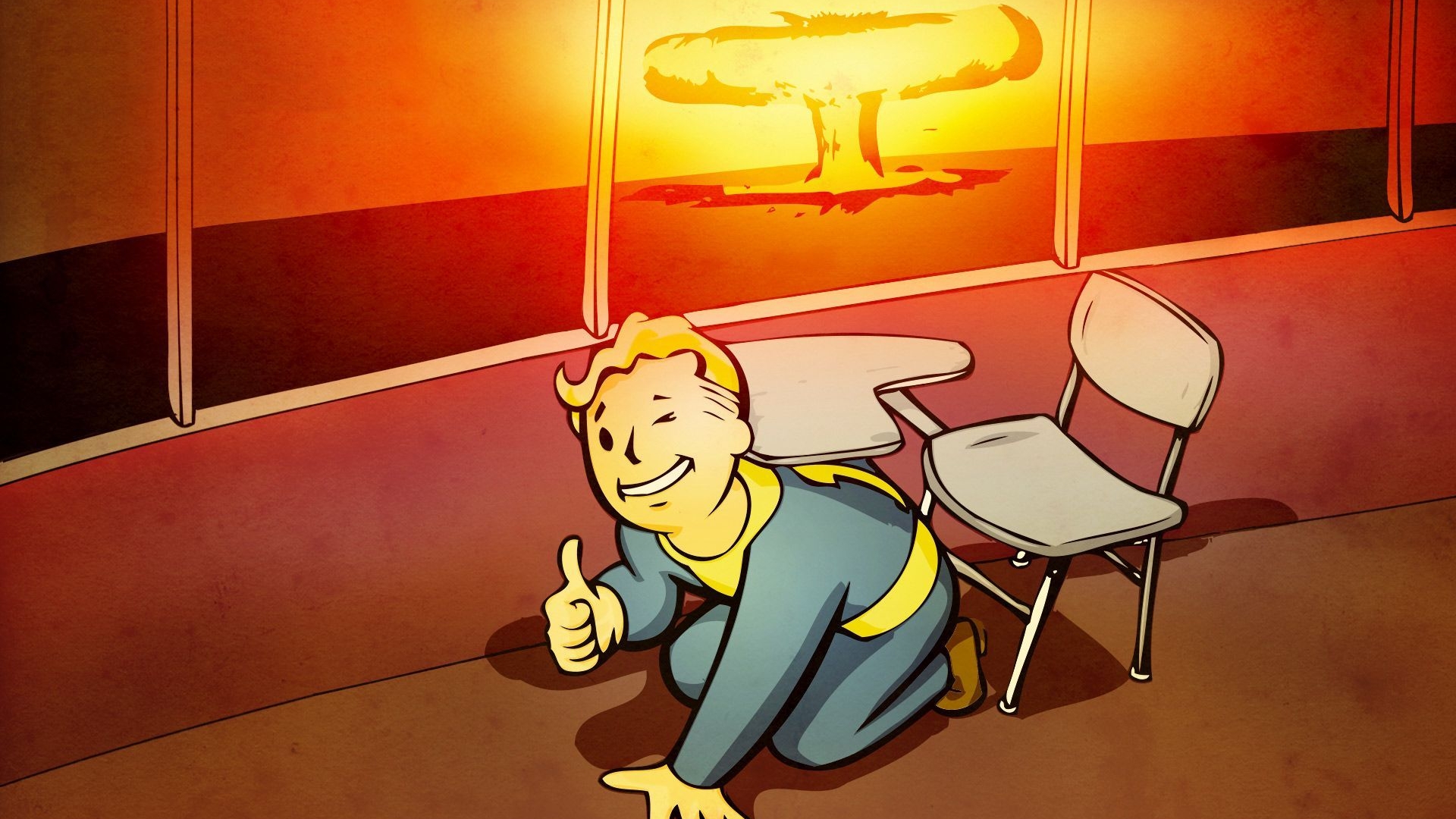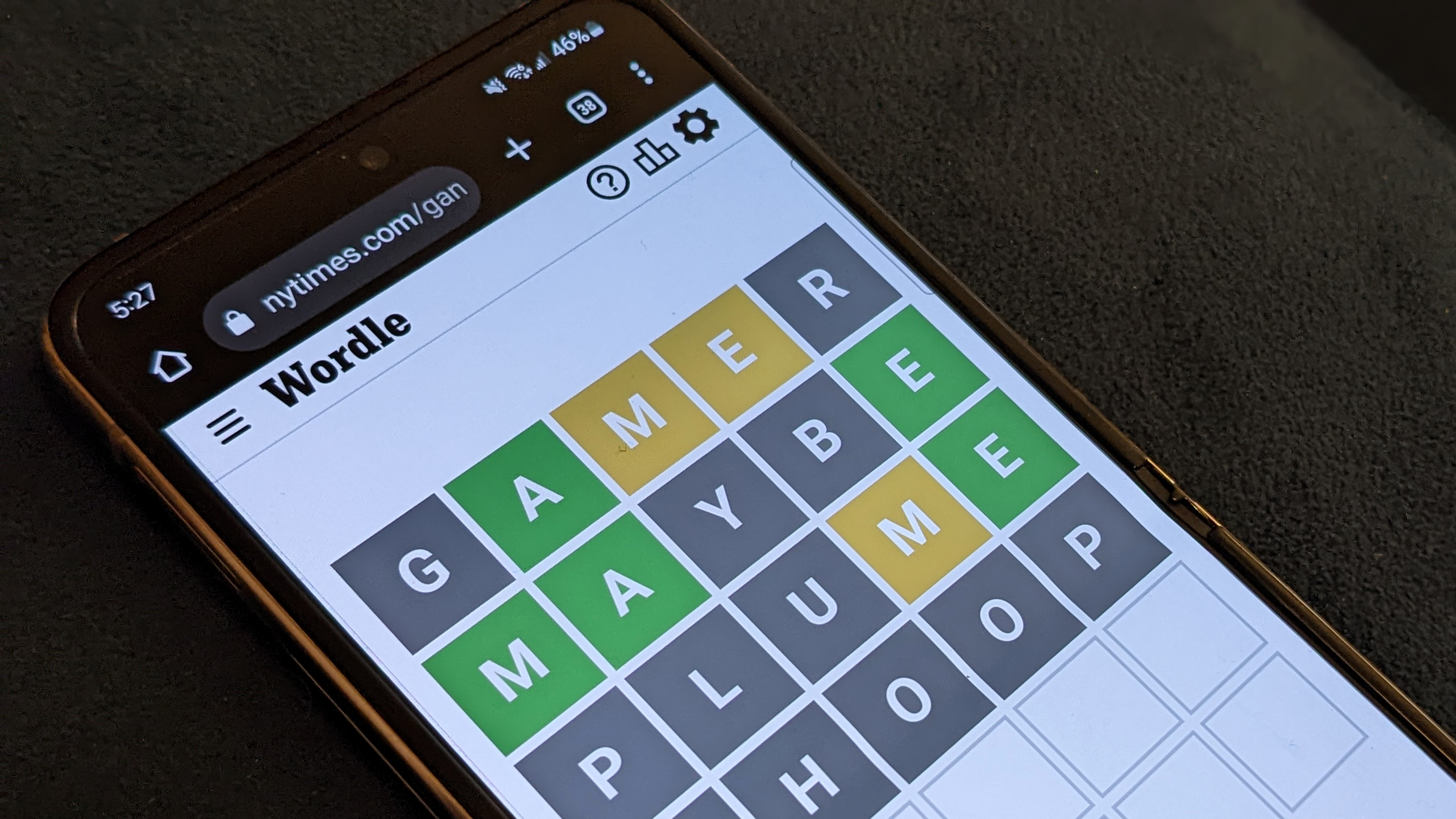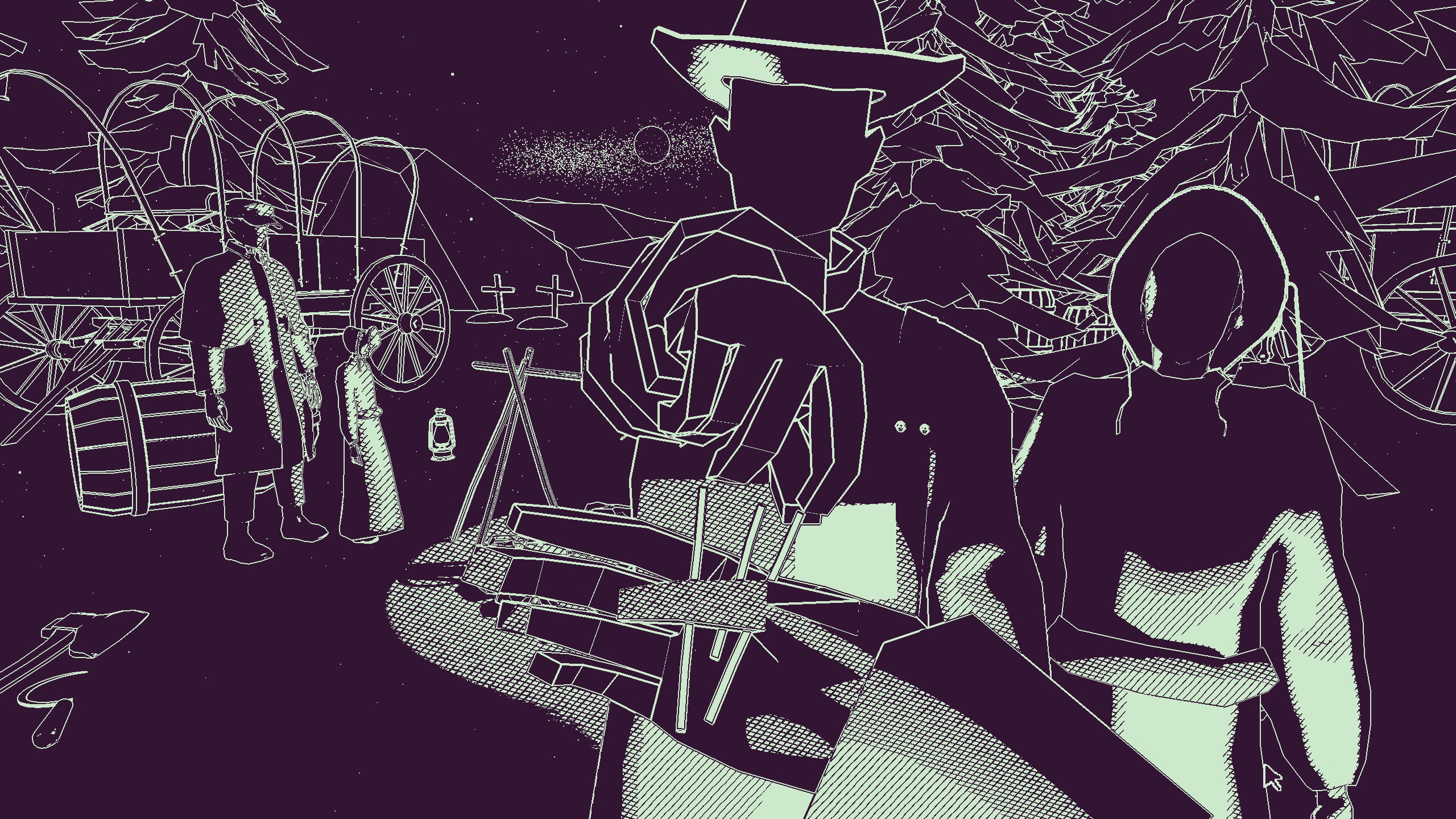
Just as the company reaches its greatest heights of popularity in years, it rolls out a massive, unnecessary disruption that offers extremely little in return.
In a week where Escape from Tarkov dev Battlestate Games functionally pressed the self-destruct button on years of success and community goodwill with an insulting $250 package for an unfinished game, it’s hard to imagine there being competition for the most unnecessary self-own in the industry. And yet: Bethesda Game Studios, riding high on a wave of goodwill for the Fallout series after the smash hit show, broke many of the mods in Fallout 4—a game that still boasts a colossally popular mod scene nine years on—in order to roll out a “next-generation” update that hardly changes anything.
I promise I’m not just a Bethesda hater: I don’t buy into the trendy revisionist view that nothing the studio made after Morrowind was worthwhile, and Bethesda’s a studio I always want to give its proper due. That’s where I’m coming from when I say that the studio has absolutely stepped in it this time: the “next-gen” update for Fallout 4 is such an own-goal, such a pointless, unforced error on the heels of the studio’s biggest win in over 10 years, I’m utterly flabbergasted by it. No one asked for this update, and I have trouble understanding who it’s even for.
Next-gen?
(Image credit: Bethesda Softworks)
What is ‘next-gen’ about this update?
Looking at the update’s patch notes again, I get a feeling of unreality. There’s a handful of bug fixes, fine. But then “ultrawide support” that stretches the UI, which still requires a fan patch to fix? And nothing about a notorious crash glitch on RTX cards—the most widely used by PC gamers, according to Steam’s hardware survey? This barn-sized target remains unaddressed after six years.
Perhaps most crucially for this “next-gen” update: no graphical upgrades or changes on PC. There’s not even a token ray tracing option that you’ll never turn on. What is “next-gen” about this update? This patch is a normal-sized, dare I say it, small update that fails to justify the amount of disruption it’s caused.
The patch also adds some small, free DLC—user made as part of Bethesda’s Creation Club paid mod initiative—but we’re effectively getting these quests and items at the expense of a vast library of free quests, items, QoL fixes, and more. If I had to choose between a small pack of “premium” goodies or access to a functionally infinite well of user-generated content, I would absolutely go for the latter every time, but as with the rest of the patch, nothing about these added Creation Club bits and bobs justifies the upheaval—we shouldn’t have to choose.
Many modders will adapt and get their mods working again in the coming weeks, but Bethesda could’ve avoided the mess by working with its loyal modders at some point during the two years the update has been in development. Or at least not made such a meager update mandatory. Why not use a beta branch, like it’s done with this year’s Starfield patches?
The main defense I’ve seen of this patch is that it’s console-focused, intending to improve Fallout 4’s performance on PS5 and Xbox Series consoles. That’s perfectly fine, of course it makes sense to button up the game on modern consoles, but why does it have to hurt my experience? Quite frankly I don’t care about PS5 and Xbox Series consoles, and it smacks of sloppy work to make the PC experience markedly worse for a supposed benefit on another platform. The punchline of it all, of course, is that the next-gen patch hasn’t even been received well by console players either.
Party foul
I know that busted updates, borked mods, and other vagaries of game development shouldn’t be taken personally: they’re the result of people’s day jobs, workplace incentives, institutional inertia, things that we all experience or are guilty of from time to time. Over two years ago, Bethesda greenlit a Fallout 4 patch that seems to have languished in Starfield’s shadow before getting rammed into the game last week. But man, dealing with this thing feels insulting.
Bethesda has courted its mod community and seems to understand the role it plays in these games’ staying power. And yet, here we are, nine years on, with a library of nearly 50,000 Fallout 4 mods (that’s just on the Nexus) in limbo. Future projects will adapt to the new patch—the authors of the essential Script Extender are still working on a fix—but what about abandoned mods? That one project you just adore that last saw some love in 2017 before its author got a job and started a family?
Unless Bethesda rolls back the patch itself, or finds some way to fix its compatibility with past mod projects, I worry that we risk a split mod scene, with a rollback version of the game the only way to play some great older mods.
Meanwhile, the paid Creation Club mods hum along, perfectly fine. For those unfamiliar, the Creation Club is a program where modders submit their work to be made into paid DLC by Bethesda—it’s highly limited, effectively producing work that feels like official DLC additions with a revenue split between the modders and Bethesda.
We’d have been better off if Bethesda had just left well enough alone on PC.
And I think it’s a horrible look to have the Creation Club stuff up for purchase on Steam (you have to buy “Creation Credits” to grab individual packs) while the far more impactful and varied unofficial mods have been busted like this. I don’t think the Creation Club stuff on its own is particularly risible or anything, but when people talk about Skyrim and Fallout modding, they aren’t talking about the Creation Club: there are a couple dozen official Creation Club products versus those thousands of free mods on Nexus. The current situation feels like this enshrining of brand-friendly “mods”—which are more like official DLC produced by outside contractors—while the DIY scene gets shafted.
(Image credit: Prime TV)
I think that a perception of insult, no matter how unintentional, goes a long way to explaining how fan resentment can boil over into the memetic Bethesda hate I mentioned earlier. There was even a kernel of worthwhile criticism to the otherwise-odious discourse about the Fallout show’s take on the series timeline.
I don’t care about timeline discrepancies or what have you, but as PCG news writer Joshua Wolens argued, there’s a frustrating, powerless feeling to seeing artists diminish what you love about a fictional world as they take it over and modify it—in this case, the enforcement of a permanent Fallout 4-flavored status quo taking priority over moving the world forward in the ways that Fallout 2 and New Vegas did.
There really was just no need for this sour finish to what’s otherwise been an incredible few weeks for Fallout, thematic criticism aside. Whatever tweaks might have been needed for PS5 or Xbox Series support, we’d have been better off if Bethesda had just left well enough alone on PC. Now a huge driver of Fallout 4’s popularity and decade-long staying power has been thrown into disarray over an update that would hardly be noteworthy were it not for all the problems it’s caused.







